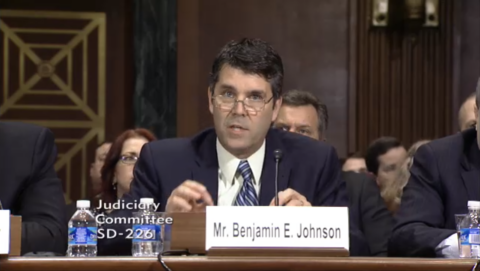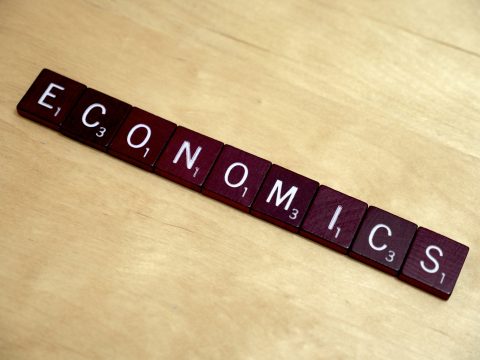Economics

Adding Up the Economic Benefits of the President’s Deferred Action Initiatives
As the Center for American Progress (CAP) points out in a new analysis, immigrants with legal status earn more than immigrants who don’t have legal status. Immigrants who earn more also buy more goods and services from U.S. businesses (not to mention paying more in taxes). And all of this extra spending creates new jobs in U.S. businesses for native-born and foreign-born workers alike. This is not a complicated economic argument to grasp. In fact, it’s common sense; workers who have legal status can change jobs more easily and don’t find themselves stuck in the lowest-wage jobs. Hence the importance of passing comprehensive immigration reform legislation—or, as a stop-gap measure until Congress gets its act together, implementing the Obama Administration’s “deferred action” initiatives. Read More

How Inaction on Immigration Impacts the Agricultural Economy
Due to its geographic diversity and natural resource abundance, the United States is one of the world’s leading agricultural producers and suppliers. Indeed, the $374 billion U.S. agriculture sector is critical to the U.S. economy, but its health depends on a functioning immigration system. From migrant workers on farms,… Read More

Charlotte, NC Capitalizing on the Benefits of Immigrant Entrepreneurs
Charlotte, North Carolina, like many southern metropolitan areas, has grown rapidly in recent decades. In 2013, when Charlotte declared itself a “welcoming city,” one in ten residents (10.1 percent) in the Charlotte-Gastonia-Rock Hill metropolitan area were foreign-born, while one-third (32.6 percent) of “Main Street” business… Read More

The Power and Potential of High Skilled Immigration
Note: This article features the oral testimony of Benjamin Johnson, Executive Director of the American Immigration Council before the United States Senate Committee on the Judiciary. Read his full written testimony here. Mr. Chairman and members of the committee, thank you for the opportunity to appear before you today… Read More

How Small Business Immigrant Entrepreneurship Can Boost Economic Growth
Why is it important for places and organizations to connect the dots of immigrant entrepreneurship and local neighborhood economic growth? “Wherever you find immigrant growth you’ll find entrepreneurship. Some of the storefront businesses [in Iowa, for example…] would not be there without immigrant entrepreneurs,” Iowa State University researcher Sandra Burke… Read More

How Immigrant Women Contribute to the U.S. Economy
On the occasion of International Women’s Day, it is worthwhile to keep in mind the depth and breadth of the contributions that immigrant women workers make to the U.S. economy. More and more, immigrant women are coming to the United States not as the dependent relatives of immigrant men,… Read More

How Leveraging Immigrants’ Skills Could Further Boost U.S. Economy
Now is certainly a good time to think about ways in which to realize the full potential of the immigrant workforce. There are more than 26 million foreign-born workers in the United States, and just over 8 million of them are unauthorized. Two-thirds of all unauthorized immigrants have… Read More

Senate Hearing Shows Deferred Action Programs are Beneficial to Social Security
The Senate Homeland Security committee on Wednesday held its first hearing about President Obama’s immigration executive actions. The hearing and the witnesses testifying focused on the “implications and unanswered questions” about the deportation relief offered to some undocumented immigrants included in the president’s actions. First, the… Read More

The Economic Potential of Executive Action on Immigration
Mayors from cities across the country met in New York City earlier this week to discuss the implementation of President Obama’s immigration plan. These mayors support of executive action because they recognize the economic benefit to their cities as well as the role that executive action will… Read More

How International Students Add Billions to the U.S. Economy
International Education Week occurs the third week in November each year to highlight the advantages of international education and exchange in the United States and worldwide. In particular, International Education Week—a joint initiative between the State Department and Education Department—emphasizes the benefits of preparing more Americans for a… Read More
Make a contribution
Make a direct impact on the lives of immigrants.
